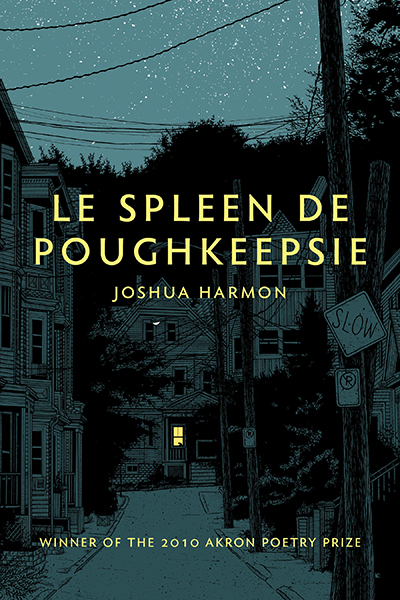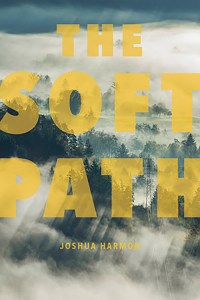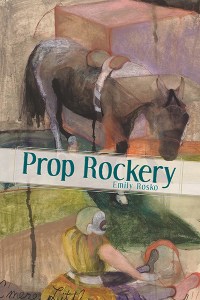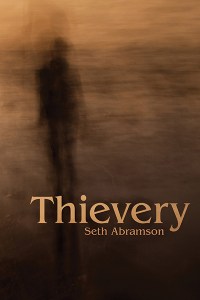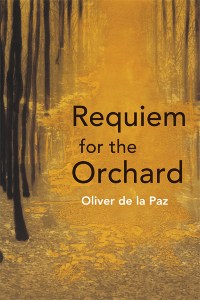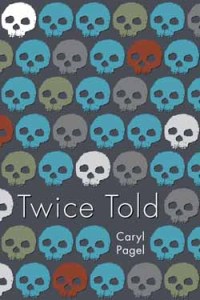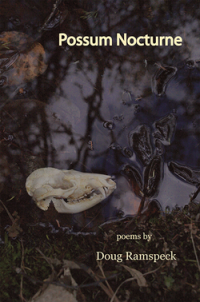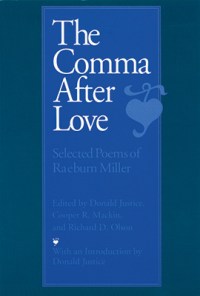Description
Winner of the 2010 Akron Poetry Prize
Praise for Le Spleen de Poughkeepsie:
[A] tender anti-epic, a grunge-tinged love song to America’s benighted post-industrial heartland.
—G. C. Waldrep, author of Disclamor and Archicembalo
Joshua Harmon is the flâneur of Poughkeepsie, and Le Spleen de Poughkeepsie is what happened after the crowds dispersed, and those that were left in the basements, on the front porches, and in the aisles of convenience stores couldn’t figure out anywhere else to go. Disgusted, Baudelaire wanted to be “anywhere out of the world.” To which Harmon asks, “Can we imagine another world?” leaving the question dangling in the dirty air. For him, “the insufferable inching toward wreckage” is proof enough that we haven’t yet hit bottom, and perhaps that is all one needs to know to keep going. This is a book of particulars, of looking at (and remembering) everything, from “The quiet streets of meth / dispensaries closed / for the holiday / weekend” to “the blood on the billboard.” The brilliance is in the details.
—John Yau, author of Exhibits and Borrowed Love Poems
Perhaps it will come to pass that Poughkeepsie, the small city on the Hudson, will be known as the capital of the 21st century. For Joshua Harmon, it has provided a terrain of nearly unbearable enjambment, where nature twines with the present ghosts of a humanity living amid the ruins of material culture. [This] is a relentlessly affecting, brilliantly observed, beautiful and sober inventory of modernity’s ragged edge.
—Ann Lauterbach, author of Hum and Or to Begin Again
If you’re not part of the problem, / you’re part of the lengthening / tragedy”: Joshua Harmon’s gorgeous language enacts visionary social space, asks us to live, and more than that, asks us to be willing to live “on the outskirts of the absurd / attention to the material life.” Here we are, with a brilliant guide who teaches us that “our own kingdom goes, / unaccountably” and that we are “no one / but singular / soul’s monologues / spit over salt.” Harmon calls his vision “a memoir of disintegration,” but it is much more than that. It is necessary. American poetry needs this voice. American poetry needs this book.
—Joseph Lease, author of Broken World and Human Rights
